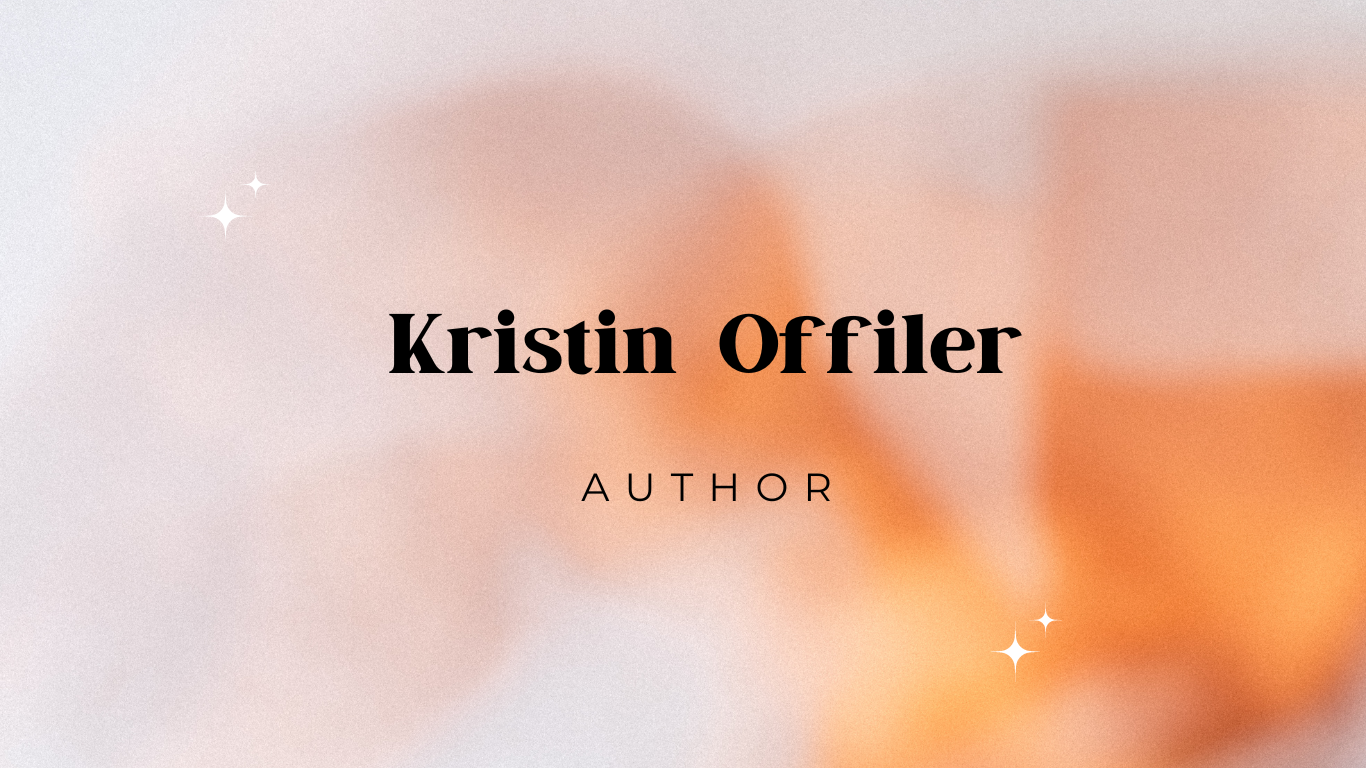What To Do When You Doubt Your Writing
If you’re like most creative people I know, you’ve likely felt waves of doubt before.
Maybe they’ve been small waves, like wondering if a particular sentence should stay in the story or not.
Or maybe they’ve been huge ones, like questioning your entire life as a writer.
You’re absolutely not alone in this. I’ve had to literally talk myself out of doubt-spirals in the middle of writing sessions!
I’ll sometimes be in the middle of working on a scene and feel a creeping sense of dread that tells me everything I’m doing is wrong.
This little voice says, “Who will even want to read this? It’s so boring. It sounds amateur. This has all been done before. Who am I to try and write a book? I don’t know enough to tell this story. etc etc etc”
I’m sure you know the drill! Here are some of the best things I do for myself when I start to doubt my writing.
Take A Break
Sometimes, for me, doubt happens when I’m so deep in a project I can’t really tell what I’m doing anymore.
Mostly I experience this when I hit the middle or end of a novel, or when I’m doing a revision that requires big changes.
It’s a lot like walking a long trail in the woods.
For a while, you can look back and see where you came from, but at some point, the path becomes overgrown. You look back and see only trees. You look ahead and see the same.
You start to wonder if you’re even going in the right direction anymore. It seems like you are, but then again, there are a dozen other paths that also look right. But they also kind of look wrong. It’s so hard to tell.
So you question your instincts, you start to doubt what you’re doing, and before you know it, you’re ready to quit.
When it starts to feel like this, I take a break from writing. Even a short break will help, whatever short might mean for you.
The idea is to put some space between you and the work so you’re not tangled up in it. Once you do that…
Look At Your Writing Objectively
Sometimes a feeling of doubt is actually your instinct telling you something is off, but it isn’t telling you what, exactly.
If there’s a chance your feeling of doubt is related to something on a story or craft-level versus a false sense of inadequacy, try to look at your work objectively.
A few days or weeks away from your writing will help you read the piece with fresh eyes. Try to read it as though someone else wrote it and consider if there’s something amiss that you can later fix, or if the piece is truly a lost cause.
Spoiler alert: it’s almost ALWAYS a matter of something you can fix in revision.
And if it turns out it’s not, and the piece really needs to be scrapped, it’s still better to look at that decision objectively rather than make it a negative commentary on your ability to write.
Get A Second Opinion
This is the easiest and fastest thing you can do, and if this isn’t reason enough for you to have a writing group, I don’t know what is!
Get yourself a second opinion from a trusted writer (or writers) in your life.
Ask the writers in your life to help you determine if your doubt is pointing to something you should fix within your story or if it’s actually true that you’re a fraud who will never amount to anything.
(I’m sure you can see where I’m going with this!)
A good writer friend will always help you see things clearly.
I can’t tell you how many times I’ve gone to my writing group with major doubts about my skills, my story, my life as a writer in general. They listen, validate, and give me a reality check every time.
And this isn’t about seeking people who will only tell you what you want to hear!
This is about allowing someone else to help you see your doubt for what it is. It’s almost never true that a nagging feeling of doubt means you should burn your whole writing life to the ground.
It almost always means you’re a normal writer experiencing a normal human emotion.
One thing to keep in mind is that most writers who are truly bad never doubt themselves. Usually, self-doubt is reserved for the writers who don’t need to be so critical of themselves.
And at the end of the day, don’t be afraid of living with a little bit of doubt.
You can FEEL it and still write whatever you want. Just because the feeling is there doesn’t mean it’s a signal to stop.


You must be logged in to post a comment.